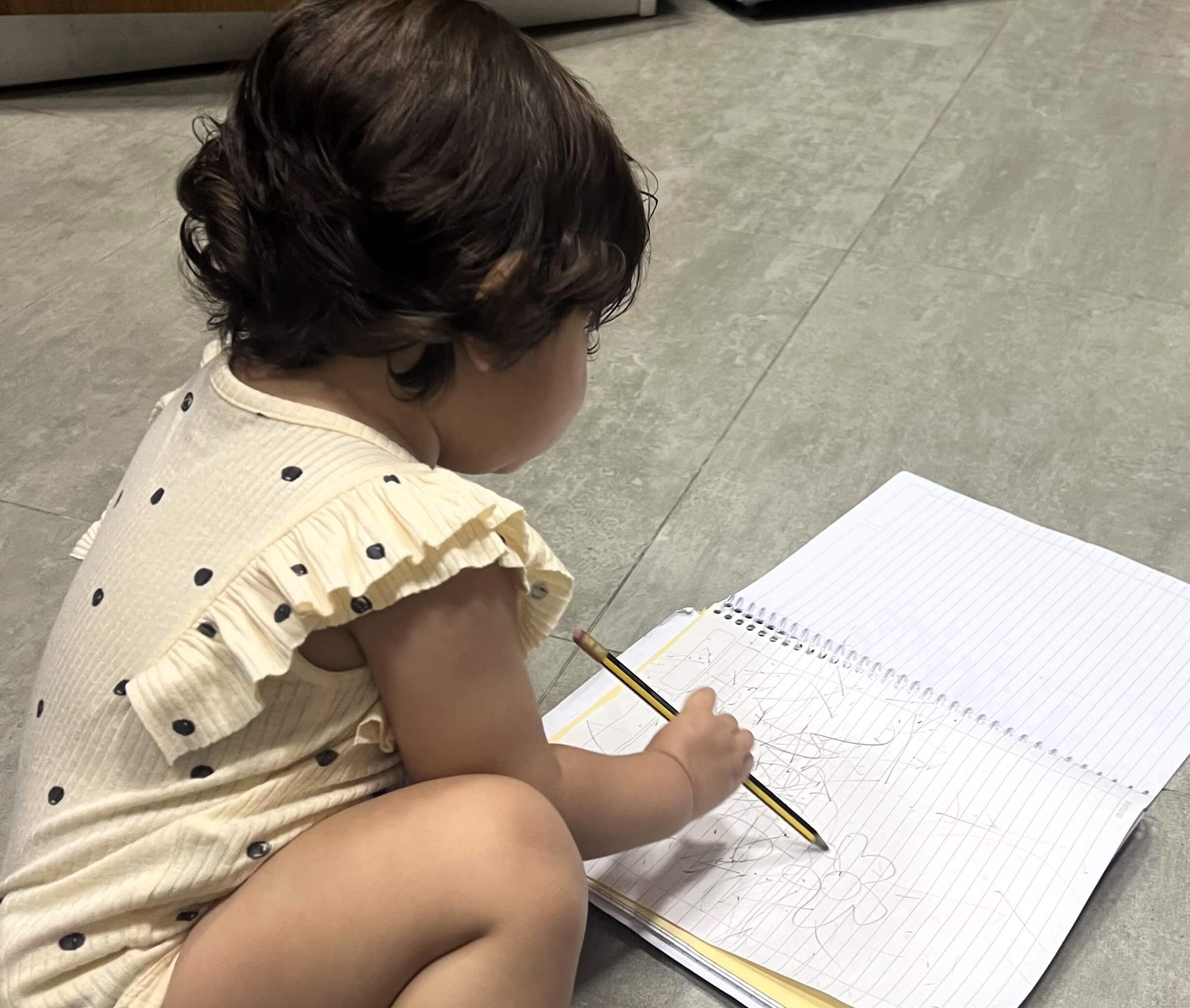It has been a very long year. Lockdowns and social distancing have had a profound impact on our hearts and minds. But thankfully, as the vaccines roll out and the country begins to slowly open back up, we are beginning to return to some kind of normal.
While many people are jumping for joy with the idea of taking part in normal social gatherings and getting back to life pre-pandemic, there are also those individuals who are feeling a bit of social anxiety at the same time. This is to be understood.
Being social requires a set of skills. We learned as children how to interact with those around us. As we grew older, we learned even more of the intricate and complex social structures, rules, and more. Being away from society for a year or more has put a kink into these important skills for many of us. You may have learned how to ice skate as a kid, but if you haven’t been on skates for years, there’s a good chance you’ll break some bones!
Here are some tips for dealing with any social anxiety you may be experiencing:
Be Kind to Yourself
Many will find it absolutely exhausting trying to relearn all of the social skills they haven’t practiced in some time. It’s okay, you’re not the only one who is struggling right now. Just be kind and gentle with yourself.
Stick with Your Own Comfort Level
Some people may be feeling anxiety right now because they are unsure of how safe it is to be out in the world. If we’re honest, the talking heads on TV seem to give us mixed signals about what is really going on. All you can do is set your own boundaries and determine what you feel comfortable with. If you’re not comfortable giving or receiving hugs, don’t feel pressured by someone else. Respect your own boundaries and comfort level and take things day by day.
Take Things Nice and Easy
If you haven’t worked out physically in some time, you wouldn’t, on your first day at the gym, run for an hour on the treadmill and THEN lift heavy weights afterward. You’d take things slow so as not to hurt yourself.
Apply this same logic to your social life. If you feel out of shape socially, then take things slow. Don’t suddenly fill your social calendar with all kinds of activities and events. Start with a small gathering and go from there.
Speak with Someone
If you find your anxiety isn’t dissipating after some time, you may want to speak with a counselor. They can give you the tools to help you get out of your rut and back into a healthy and joyful life.
If you’d like to speak with someone about your anxiety, please reach out to me.
SOURCES:




